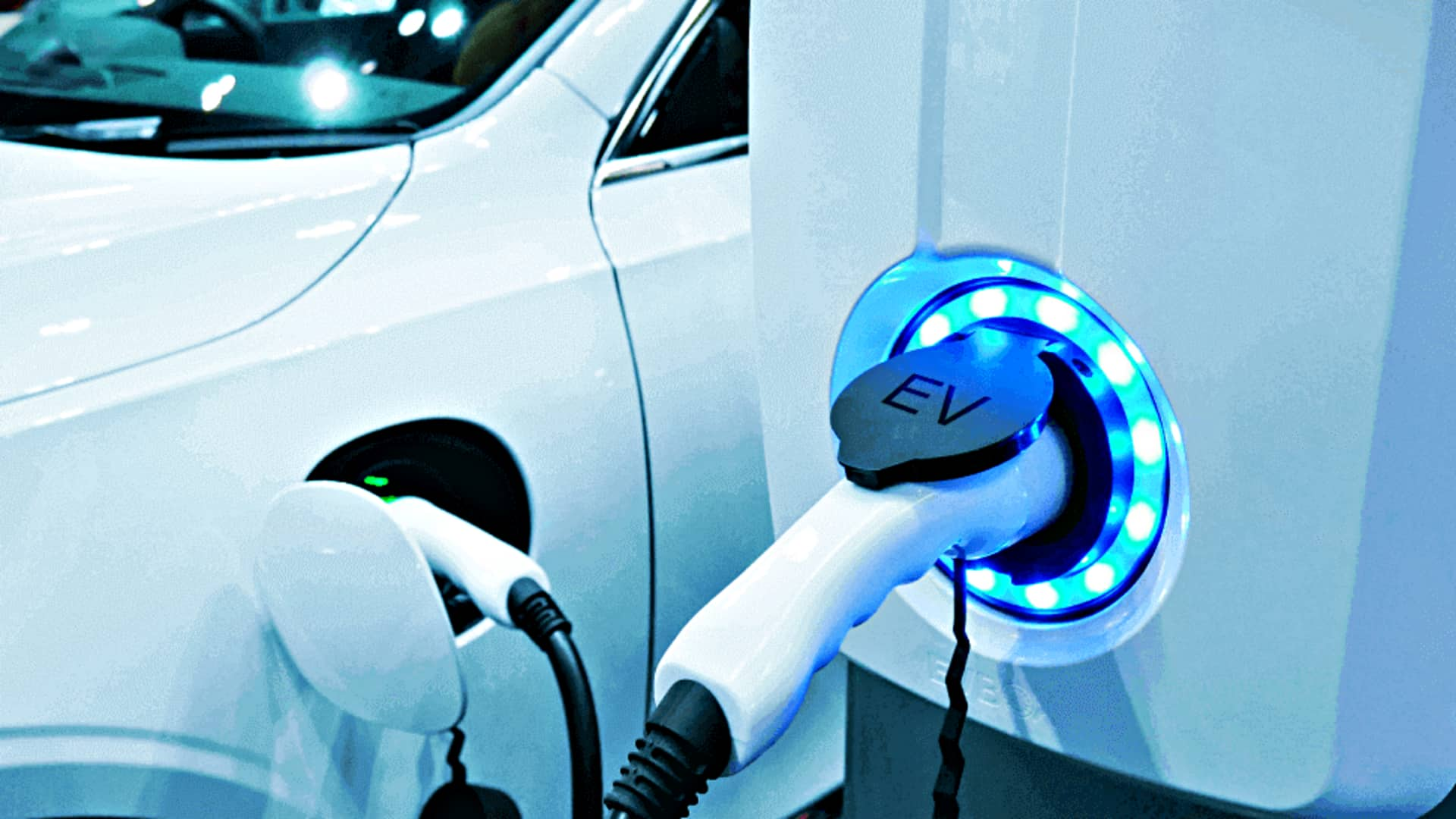
Breakthrough EV battery can fully charge in just 5 minutes
What's the story
A groundbreaking electric vehicle (EV) battery that can fully charge in just five minutes has been developed by researchers at Cornell University, per a paper published in the journal Joule. This innovation could potentially overcome one of the main obstacles to EV adoption—lengthy charging times. Currently, fast chargers require at least 30 minutes to charge an EV battery. However, the new technology could significantly cut down that duration while still maintaining consistent performance across repeated cycles of "charging and discharging."
Achievement
Overcoming limitations of existing EV chargers
Although a start-up called Gravity has recently announced an EV charger that was claimed to charge batteries in five minutes, the problem is that existing EVs and their batteries aren't designed for such rapid charging. But Cornell University researchers have addressed this issue by creating a new fast-charging EV battery capable of handling the heat and power needed for quick charging, making it a potential game-changer for the industry.
Process
Indium-based anodes for faster charging
To develop the anodes in the new fast-charging lithium battery, the researchers utilized indium—a metal commonly found in touchscreens and solar panels. For such batteries, anodes generally use graphite coated on copper. Indium is known to enable faster charging and storage of electricity in batteries. With this technology, consumers might not need to buy high-range batteries, as they can swiftly recharge their EVs when necessary, potentially making EVs more affordable.
Insights
Implications for adoption in EVs
The widespread adoption of this fast-charging battery technology could result in smaller batteries with less than 500km of range being used in EVs, making them more affordable. However, this raises the question of whether consumers would prefer an EV with a smaller battery that needs frequent recharging or continue using petrol/diesel-powered cars. The success of the new battery could be a turning point for increased EV adoption, but only time will tell.